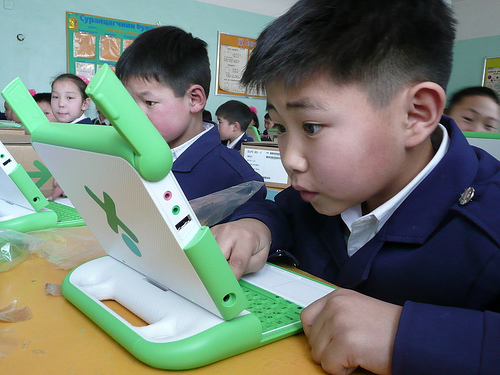 Nothing has contributed more to human misery than the pursuit of happiness.
Nothing has contributed more to human misery than the pursuit of happiness.
It’s not because happiness is a bad thing.
Far from it.
But we’ve made misery a necessary part of happiness.
How?
To understand that, we’ll need to have a look at what I call…
The Selfish Spectrum
Imagine a horizontal stick. One end represents being Selfish and the other represents being Selfless.
[Or if you don’t feel like imagining, look at the graphic below, made by Larry Coppenrath. Thanks, Larry!]

In order to pursue our own happiness, we must move towards the Selfish end of the stick.
And if we want to make others happy, we must move towards the Selfless end.
That’s the Selfish Spectrum.
It pits our happiness against the happiness of others and presents a false dichotomy between the two.
To be happy, we must be happy at the expense of others.
To make others happy, we must make sacrifices for the sake of others.
Happiness is tied to misery.
Either be miserable and make others happy, or happy and make others miserable.
When happiness is discussed, it’s often placed within the context of the Selfish Spectrum.
Your own happiness is often justified only as a means to the happiness of others.
“Taking care of your health isn’t selfish, because it allows you to better serve others.”
But rather than explain happiness within the Selfish Spectrum and find a “middle way” between self-indulgence and self-sacrifice, we should abandon this false dichotomy entirely and value our own happiness as well as the happiness of others.
Without the need for sacrifices or score cards.
There Is No Spectrum
Your happiness does not have to be at other people’s expense, and being moral doesn’t demand that you sacrifice yourself for other people’s sake.
You can be happy and make others happy.
Your happiness matters and other people’s happiness matters.
We can only truly appreciate our own happiness when we respect other people’s right to the pursuit of their own happiness.
And contributing to other people’s happiness doesn’t take away from our own, but can enhance it. Provided that we value other people’s happiness and aren’t forced to make sacrifices.
But don’t relationships demand sacrifice?
Only if you hate your partner.
Why would you see your partner’s happiness as a sacrifice of your own?
Why would you demand that your partner make sacrifices so you can be happy?
Don’t accept living within the Selfish Spectrum.
It’s a recipe for misery. If not for you, then for those around you.
And is living with miserable people a conducive environment for your own happiness?
I don’t think so.
As a human being, you have a variety of needs (as the Personal Growth Map illustrates).
You can’t be happy if you pursue your Spiritual goals while ignoring your Physical needs.
And you won’t experience genuine happiness if you don’t work on building your Social relationships, which means that you have to value other people’s happiness in the same way you would like them to value your own.
You may not be able to spend your entire day on Recreational activities because your partner and children need your attention and love.
But that’s not a sacrifice.
That’s healthy, balanced living.
In what ways can you be happy?
In what ways can you make others happy?
You know you’re on the right path when the things that make you happy don’t hurt others, and the things that make others happy bring you joy.
Photo Credit: Pink Sherbet Photography

